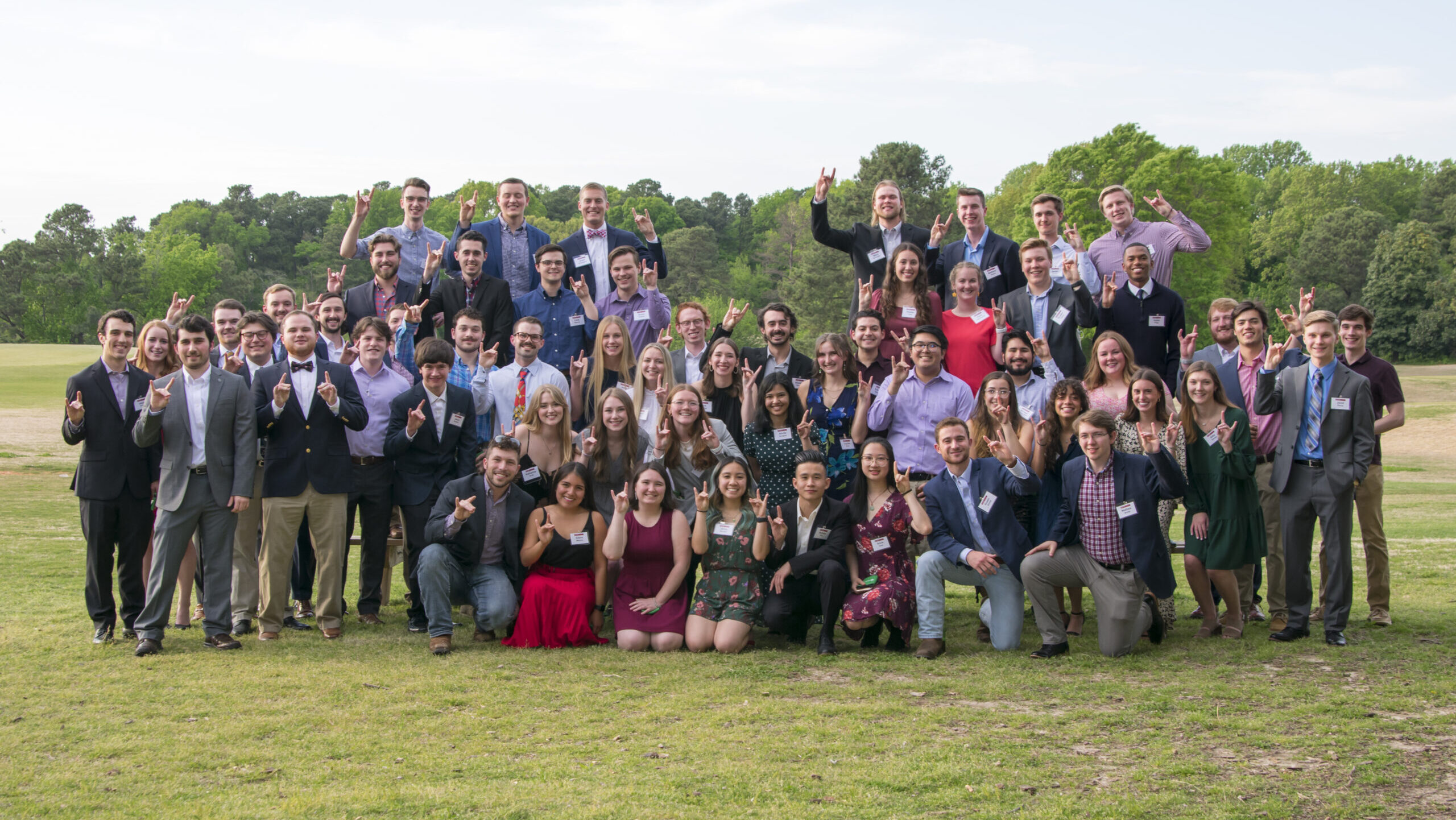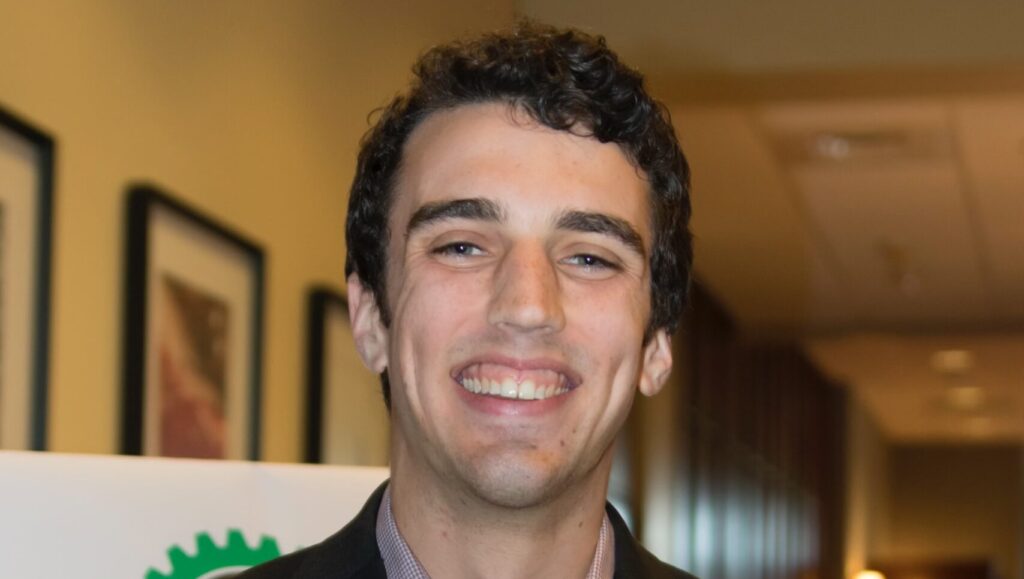Looking Back with Gratitude as I Move Forward in My Career

One of the best things about the Paper Science and Engineering (PSE) program is how focused the program is on finding you work and encouraging you to go out and try new things. I’m sure that you’re thinking this should be the foremost goal of every program, since college is there to prepare you for a job, but you might be surprised to learn how easy it is for classes and professors to fall into the short scope view of preparing for the exam or delivering all the content they planned. This can lead to classes leaning heavily on concepts, topics, problems, and exam materials rather than current industries, applications in work environments, and professional development. While I cannot deny that there are courses that are content/exam driven, as a whole, the PSE program is focused on applicability, work experience, and technical/professional development.
Leadership/Professional Development and So Much More
Students are given a healthy dose of leadership/professional development, industry-relevant knowledge, and applicable labs/classes all within the first two years. This is done to prepare students for the mandatory internship/co-op they will take before they graduate. The program ensures that students get such an opportunity by bringing in companies to interview on campus every semester throughout the semester, often filling out multiple weeks’ worth of new company interviews each day. They take it a step further by having students take junior/senior level classes to further diversify their knowledge and skills while encouraging students to go back into the field and try new roles or work with different companies.
A common misconception about the program is that you have to go into the paper industry. This is not true – it only seems to be the case because of how easy it is to go into the industry through this program. In reality, students gather work experience and the ability to lead an effective interview early-on in this program, which will allow them to get a job anywhere they set their minds to – it is just that people often take the path of least resistance and get a job with one of the many companies already coming onto campus to interview.
In my case, I landed a summer/fall process engineer work experience in my first couple of months on campus, then utilized resources within the company to get a job for the next summer at a really nice location. These 10 months were spent working in paper mills across the country and gave me a good understanding of the process side of the industry. With COVID passing through the next year on campus, I was tired of looking at screens and took a job as a camp counsellor/sailing instructor/lifeguard at a boys’ summer camp. The summer after that, I went across the country to live with family friends in Oregon and worked part time as a carpenters’ assistant because I was interested in learning those skills. After I graduate, I will go to become an officer on a submarine with the US Navy, and because a coworker at a paper mill clued me into the Nuclear Propulsion Officer Candidate (NUPOC) program, I was able to get a Navy paycheck for up to 18 months just to finish school and join up after I graduate.
Life Long Lessons From Skills I Gained
Looking back, I realized that my dream was not to become an engineer – I wanted more personal interactions, time away from screens, and work with my hands in my career. I would not have known this if the program I was in did not push me to go out and take work opportunities. I was never deterred from taking the unconventional route, and the problem-solving skills, personal connections, and work experiences I have will be applicable wherever I end up working.

I Would Do It All Over Again
If I had the opportunity to go back and do things differently, knowing that I do not want to become an engineer, I would still be with the PSE program. The financial support, encouragement for work experiences, hands-on classroom activities, and built-in community all come together to make this an excellent path for anyone. As a result of this program and all the experiences it has brought me, I will be graduating debt-free with two degrees in engineering, over a years’ worth of varied work experiences, and a head start for learning what I will need to know to be an officer on a nuclear submarine.
Guest Blogger Jesse Price
- Categories: